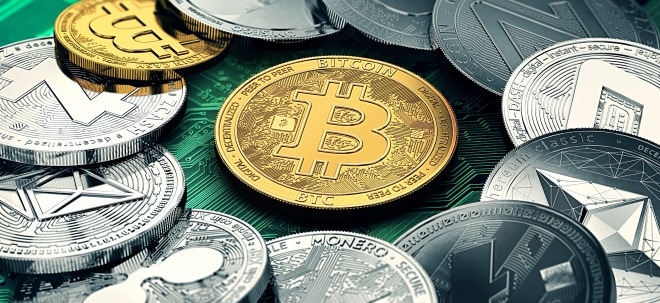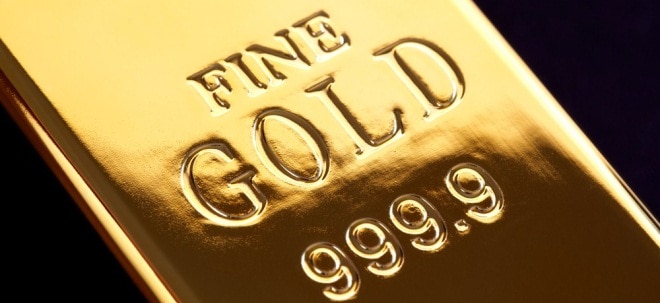How WGC’s Tait plans to disrupt tyranny of illegal gold trade
TERRORIST groups are tapping into $95bn worth of gold mined by artisanal and small-scale miners, says the World Gold Council (WGC) in a report launched in November. This illegal activity, which can only be on the increase alongside a 52% improvement in the gold price, poses a major threat to global security, the council warns.The Wagner Group of mercenaries has earned about $2.5bn alone since Russia’s invasion of Ukraine. The WGC is now throwing the spotlight on terrorist networks, which it says feed off desperate artisanal mining communities.From the “poor souls” panning the rivers for gold nuggets to semi-industrialised processes, artisanal mining communities are a “honeypot” for groups such as the Revolutionary Armed Forces of Colombia (Farc) guerrilla group, says Dominic Raab, former UK deputy prime minister, who authored the council’s report. A high-yielding source of revenue diversification, gold is easier for Farc to smuggle than cocaine — it’s “bread and butter” contraband.Artisanal and small-scale miners also contend with a raft of social evils and abuses, ranging from torture to human trafficking and murder. In Peru’s La Rinconada, a high-altitude settlement known for its small-scale mining, an estimated 4,500 girls have been trafficked. “It’s horrific,” Raab says.In the case of al-Qaeda in Africa, and Islamic State in the Sahel specifically, gold diverted through illegal routes is helping to restore them to the business of terrorism after setbacks in the Middle East.In the context of elevated gold prices, the WGC is hoping its report can muster a high-level political response — a “G7 moment”, as CEO David Tait told Miningmx last month. He wants the world’s leading economies to isolate terrorist groups and supplant their networks with a supply chain that works economically for communities and host nations, and chokes revenue to terrorist organisations and Russia’s war machine in particular.He already has the support of a group of central banks including those of Ecuador, Colombia, the Philippines and Mongolia, which have signed up to the London Principles. This is a commitment to buying “responsibly sourced artisanal gold” — that is, gold produced without mercury as a reagent and not involving child labour. The central banks of Zambia, Tanzania, South Africa and Brazil are waiting in the wings. More may follow.Once an end market is established for artisanally mined and small-scale gold, Tait plans to build refineries near artisanal sites. There are several benefits to this. Extraction rates improve to 95% for the miners, compared with the 35%-40% they normally achieve using home-grown extraction methods. This also sets the foundation for a fair commercial exchange and is certainly much better than dealing with mercenary buyers. “I plan to take that to the G7 governments and say: with the help of my political clerks in the central banks, this works, or could work,” says Tait.But he worries about the complexity of joining up the different players — or worse, political interference. In Washington, a Donald Trump administration might undermine any plan that could isolate President Vladimir Putin.Even as he hopes for a political response, Tait acknowledges he’s swimming upstream. “I do think we’re in a unique moment geo-economically, because the big governments, the developed governments, have never really given a toss about what’s going on in the Amazon or the Democratic Republic of Congo.”A version of this article first appeared in the Financial Mail.The post How WGC’s Tait plans to disrupt tyranny of illegal gold trade appeared first on Miningmx.Weiter zum vollständigen Artikel bei Mining.com
Quelle: Mining.com


